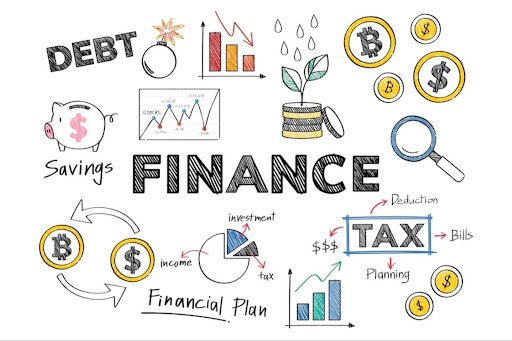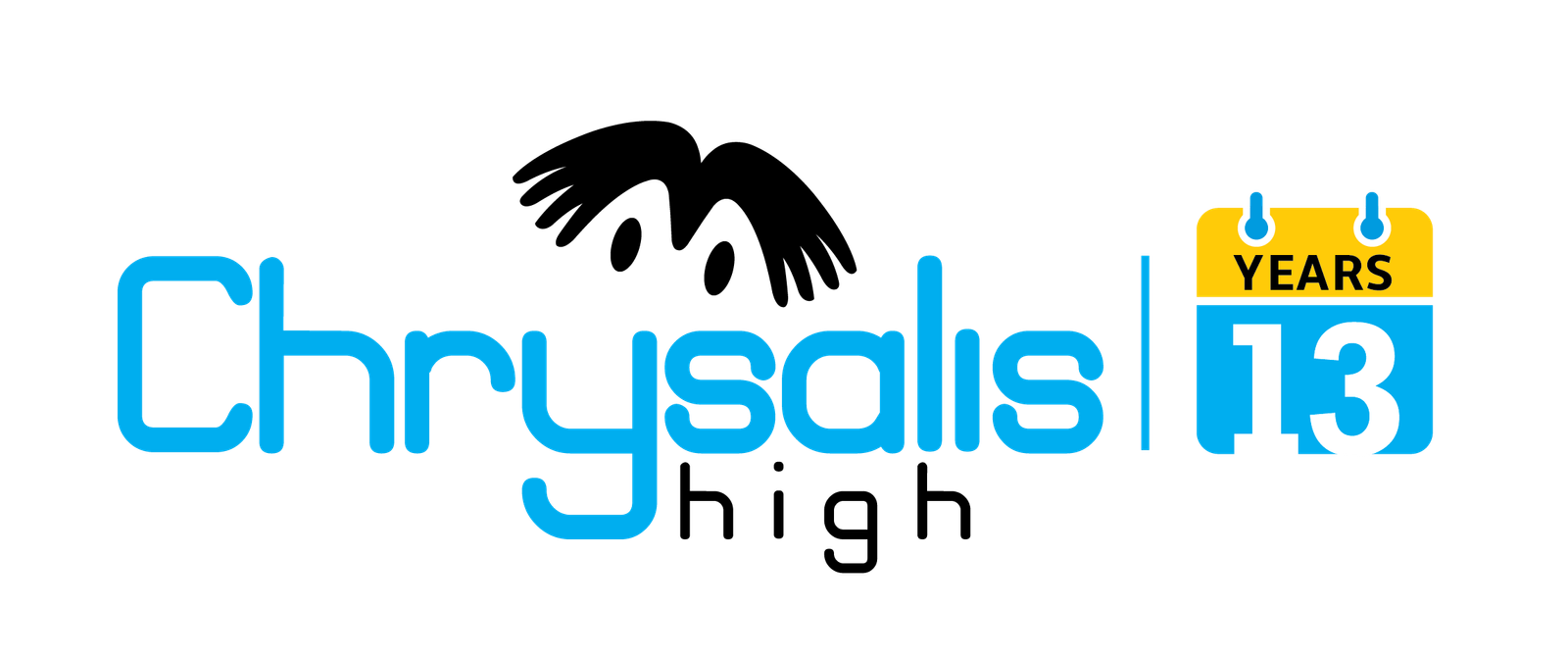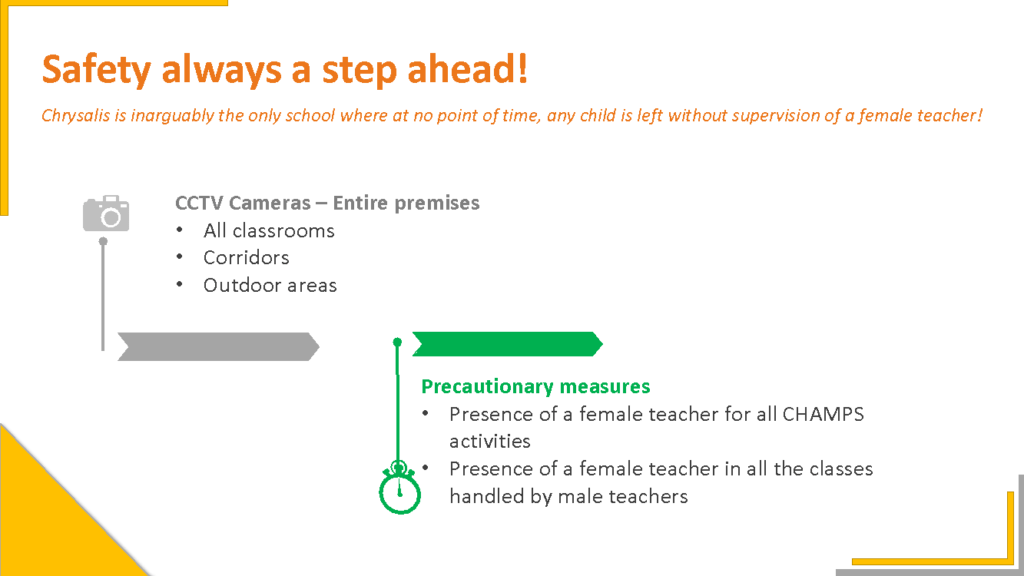Integrating financial literacy into school curriculums is essential for equipping students with essential money management skills. In an increasingly difficult financial landscape, these skills are fundamental for personal and societal well-being. Students, often navigating their finances for the first time, benefit from early exposure to concepts like budgeting, saving, and investing.
Financial literacy education fosters responsible decision-making, empowering students to make informed choices about spending, saving, and debt. It cultivates a sense of financial responsibility, helping students avoid common pitfalls such as excessive debt and impulse spending. Moreover, these skills lay the foundation for long-term financial security, enabling students to plan for future goals like higher education, homeownership, and retirement.
By integrating financial literacy into the curriculum, schools contribute to breaking the cycle of financial illiteracy, promoting economic stability at both individual and societal levels. Students equipped with these skills are better prepared for the challenges of adulthood, fostering a financially savvy generation capable of navigating the complexities of the modern financial world. Financial literacy education is an investment in the future financial well-being of individuals and the overall economic health of society.
The Need for Financial Literacy in Education

Financial literacy is an essential aspect of education, equipping individuals with the knowledge and skills necessary to make informed and responsible financial decisions. In essence, financial literacy refers to the ability to understand and manage one’s finances effectively. This contains a range of skills, including budgeting, saving, investing, and comprehending financial products.
The importance of financial literacy cannot be overstated in today’s complex economic landscape. As individuals navigate their way through a myriad of financial choices, from managing daily expenses to making long-term investments, possessing financial literacy is akin to having a compass to guide them. It empowers individuals to make sound decisions about their money, leading to financial stability and security.
In an era where personal finance is increasingly intertwined with various aspects of life, including education, career, and retirement, the need for financial literacy is more pronounced than ever. Students, in particular, stand to benefit significantly from early exposure to financial education. Teaching financial literacy in schools lays the foundation for a financially capable and responsible future generation. It instils essential life skills that extend beyond the classroom, preparing students to face real-world financial challenges with confidence.
Also, financial literacy contributes to the overall well-being of individuals and society as a whole. Informed financial decision-making not only safeguards against debt and financial pitfalls but also fosters economic resilience. It reduces the likelihood of financial stress and empowers individuals to achieve their financial goals, whether it be purchasing a home, funding education, or planning for retirement.
In conclusion, the integration of financial literacy into education is a proactive step towards building a financially savvy and empowered society. By providing individuals, especially students, with the tools to navigate the complexities of personal finance, we pave the way for a more economically resilient and prosperous future.
Understanding Financial Literacy
Financial literacy is the ability to understand and use various financial skills, including personal financial management, budgeting, and investing. Here are key components of financial literacy explained in simple points:
- Budgeting:
- Creating a budget helps you track income and expenses.
- It ensures you allocate money for essentials like bills, food, and savings.
- Saving:
- Saving money regularly builds a financial safety net.
- Emergency savings help cover unexpected expenses.
- Debt Management:
- Understanding types of debt (credit cards, loans) and their impact.
- Developing strategies to pay off high-interest debts.
- Credit Score:
- Knowing what a credit score is and how it affects financial options.
- Maintaining a good credit score for better borrowing terms.
- Investing Basics:
- We are learning about different investment options (stocks, bonds, mutual funds).
- Understanding the concept of risk and return on investments.
- Retirement Planning:
- Knowing the importance of saving for retirement.
- Understanding employer-sponsored plans like 401(k) and Individual Retirement Accounts (IRAs).
- Understanding Taxes:
- Grasping basic tax concepts and implications.
- Knowing how to file taxes and take advantage of deductions.
- Insurance Knowledge:
- I understand various types of insurance (health, life, auto).
- Knowing how insurance protects against financial risks.
- Financial Goal Setting:
- Setting short-term and long-term financial goals.
- Creating a plan to achieve these goals.
- Consumer Awareness:
- Being aware of financial products and services.
- Knowing how to compare and choose the best options.
- Economic Awareness:
- Understanding basic economic principles.
- Staying informed about economic trends that may impact personal finances.
- Basic Math Skills:
- Having a grasp of fundamental math for budgeting and financial calculations.
- Understanding interest rates and percentages.
- Financial Security:
- Having an emergency fund for unexpected expenses.
- Planning for the future to achieve financial stability.
- Regular Financial Checkups:
- Reviewing and adjusting financial plans regularly.
- Adapting to life changes and economic shifts.
- Avoiding Scams:
- Being cautious of financial scams and fraud.
- Knowing how to protect personal and financial information.
- Understanding Financial Institutions:
- Knowing the functions of banks, credit unions, and other financial entities.
- Understanding basic banking services and fees.
- Ethical Decision Making:
- Making financial decisions based on ethics and values.
- Avoiding unethical financial practices.
- Communication Skills:
- Effectively communicating with financial professionals.
- Discussing financial matters with family members.
- Continuous Learning:
- Staying informed about changes in financial markets and regulations.
- Continuously educating oneself on new financial tools and strategies.
- Teaching Others:
- Sharing financial knowledge with family and friends.
- Promoting financial literacy in the community.
Benefits of Financial Education in Schools

Financial education in schools offers various individual and societal benefits:
Individual Benefits:
- Financial Literacy: Students gain essential knowledge about managing money, budgeting, and making informed financial decisions.
- Life Skills: Financial education equips individuals with practical life skills, fostering independence and self-sufficiency.
- Goal Setting: Students learn to set financial goals, promoting a sense of purpose and direction in their lives.
- Debt Management: Understanding the consequences of debt helps individuals make informed borrowing decisions and manage debt effectively.
- Savings Habits: Financial education instils the importance of saving, encouraging individuals to develop a habit of saving for future needs and emergencies.
- Investment Knowledge: Students gain insight into investment options, enabling them to make informed decisions to grow their wealth over time.
- Critical Thinking: Financial education encourages critical thinking and problem-solving skills, as individuals analyze and evaluate financial options.
- Risk Management: Learning about financial risks and insurance helps individuals protect themselves from unexpected events and mitigate potential financial losses.
- Career Planning: Understanding the financial implications of career choices assists individuals in making informed decisions about their education and career paths.
- Financial Independence: Financial education empowers individuals to take control of their financial lives, promoting independence and reducing reliance on others.
Societal Benefits:
- Reduced Poverty: Financially educated individuals are better equipped to manage their resources, reducing the likelihood of falling into poverty.
- Economic Stability: A financially literate population contributes to economic stability by making sound financial decisions that collectively impact the economy positively.
- Lower Unemployment Rates: Financially educated individuals are more likely to make informed career choices, potentially reducing unemployment rates.
- Responsible Citizenship: Financially literate citizens are more likely to contribute responsibly to society, including paying taxes and fulfilling financial obligations.
- Decreased Financial Stress: Financially educated individuals are better equipped to handle financial challenges, lowering stress levels and improving mental well-being.
- Improved Consumer Behavior: Informed consumers make better purchasing decisions, contributing to a healthier economy and reducing the risk of financial crises.
- Long-term Financial Security: A population with strong financial literacy is more likely to achieve long-term financial security, reducing the burden on social welfare programs.
- Entrepreneurship: Financially educated individuals are likelier to engage in entrepreneurial activities, fostering innovation and economic growth.
- Informed Policy Advocacy: A financially literate population is more likely to advocate for and support policies that promote economic growth and financial well-being.
- Generational Impact: Financial education creates a positive impact across generations, as individuals pass on their knowledge and financial habits to their children, creating a more financially savvy society.
Tailoring Content for Different Grades
For elementary school students, financial concepts should revolve around basic money skills and understanding the value of currency. Introduce concepts like saving, spending wisely, and the difference between needs and wants through engaging activities. Use relatable examples, such as saving for a favourite toy or understanding a simple budget for a school project.
In middle school, build on these foundations by introducing more complex ideas like budgeting, earning interest, and basic investment concepts. Connect these concepts to real-world scenarios like planning a hypothetical trip or managing a small business. Use interactive tools to make learning about money dynamic and relatable for this age group.
High school students can delve into more advanced financial concepts, such as credit, loans, and investing in the stock market. Emphasise practical skills like creating a budget for college expenses and understanding the implications of financial decisions. Discuss real-life financial challenges students may face and equip them with the knowledge needed to navigate these situations responsibly.
Tailoring financial education to different grade levels ensures that students develop a solid understanding of money management skills at an age-appropriate level, setting a foundation for a lifetime of financial literacy.
Making Finance Relevant for Students
Making finance relevant for students involves bridging the gap between theoretical concepts and real-world applications. By connecting theory to practice through relatable examples and scenarios, students can better grasp the importance of financial principles in their lives.
Firstly, introducing budgeting exercises can illustrate the practicality of financial planning. Students can create personal budgets, allocating income to expenses such as rent, groceries, and entertainment. This hands-on approach helps them understand the significance of budgeting in managing day-to-day finances.
Secondly, incorporating real-world case studies can demonstrate how financial decisions impact businesses and individuals. Analyzing successful companies or cautionary tales of financial mismanagement provides valuable insights. For instance, studying the rise and fall of a prominent business can highlight the consequences of strategic financial choices.
Additionally, exploring investment strategies with tangible examples can demystify the stock market. Simulated stock market games or discussions about renowned investors help students comprehend the dynamics of risk and reward in investment. Understanding the connection between economic events and stock market fluctuations makes finance more engaging and applicable.
Furthermore, integrating technology into financial education can make it more accessible. Demonstrating how financial apps and tools simplify tasks like tracking expenses or managing investments reinforces the practicality of financial skills in the digital age.
In conclusion, making finance relevant for students involves a hands-on, real-world approach. By incorporating budgeting exercises, real-world case studies, investment simulations, and technology applications, educators can connect theoretical concepts to practical scenarios. This approach not only enhances students’ understanding of finance but also equips them with valuable skills for navigating their financial futures.
The Evolving Landscape of Financial Education
The landscape of financial education is transforming, marked by future trends, global perspectives, and a heightened focus on sustainability. In the coming years, financial education is poised to become more accessible and personalised, leveraging innovative technologies to cater to diverse learning styles.
One significant trend is the rise of digital platforms and mobile apps, which are democratising financial knowledge. These platforms offer interactive lessons, simulations, and real-time market data, empowering individuals to learn at their own pace. This shift towards digital education not only fosters financial literacy but also accommodates the preferences of a tech-savvy generation.
On a global scale, there is an increasing recognition of the importance of cultural context in financial education. Tailoring content to reflect regional nuances and diverse economic landscapes ensures relevance and effectiveness. Collaborative efforts between governments, financial institutions, and educational bodies are essential to creating a cohesive global framework that addresses the unique needs of different communities.
Moreover, sustainability has become a cornerstone of financial education. With a growing awareness of environmental and social issues, there is a push to integrate sustainable finance into educational curricula. Concepts like ethical investing, green bonds, and socially responsible financial practices are gaining prominence. This not only aligns with broader societal values but also prepares individuals to navigate a financial landscape where environmental, social, and governance (ESG) considerations play a pivotal role.
In conclusion, the future of financial education is dynamic, incorporating digital innovations, global perspectives, and a commitment to sustainability. As the landscape evolves, the emphasis on personalized learning experiences, cultural relevance, and ethical financial practices will empower individuals worldwide to make informed and responsible financial decisions.
Conclusion: The Long-Term Impact of Financial Literacy in Schools
Financial literacy education in schools has demonstrated significant long-term benefits, shaping the financial well-being of individuals and contributing to overall economic stability. By equipping students with essential money management skills, schools play a crucial role in fostering financial independence and responsible decision-making.
One key benefit is the empowerment of students to make informed financial choices. The acquired knowledge about budgeting, saving, and investing instils a sense of confidence in navigating the complex world of personal finance. This empowerment not only improves the financial resilience of individuals but also has broader societal implications, reducing the likelihood of financial crises and dependence on social support systems.
Moreover, financial literacy education cultivates a culture of savings and investment. Students are better prepared to plan for their futures, set financial goals, and understand the significance of long-term wealth accumulation. As these financially literate individuals enter the workforce, they contribute to a more stable and prosperous economy.
The impact extends beyond the individual, as financially literate citizens are better positioned to make informed civic and economic decisions. Understanding the consequences of financial choices enables individuals to advocate for policies that promote economic well-being and advocate for financial responsibility in their communities.
Looking ahead, it is imperative to integrate evolving financial concepts and technology into the curriculum. The vision for future financial literacy initiatives involves adapting to the dynamic financial landscape, incorporating digital literacy, and addressing emerging financial challenges. Collaborations between educational institutions, government bodies, and private sectors can enhance the reach and effectiveness of financial education programs, ensuring they remain relevant in an ever-changing economic environment.
In conclusion, the long-term impact of financial literacy in schools is profound, with empowered individuals contributing to personal financial well-being, economic stability, and informed civic participation. As we envision the future, continuous adaptation and collaboration will be key in ensuring that financial literacy education remains a cornerstone for building resilient and prosperous societies.
For more valuable insights and resources on child development and safety, visit Chrysalis High.


